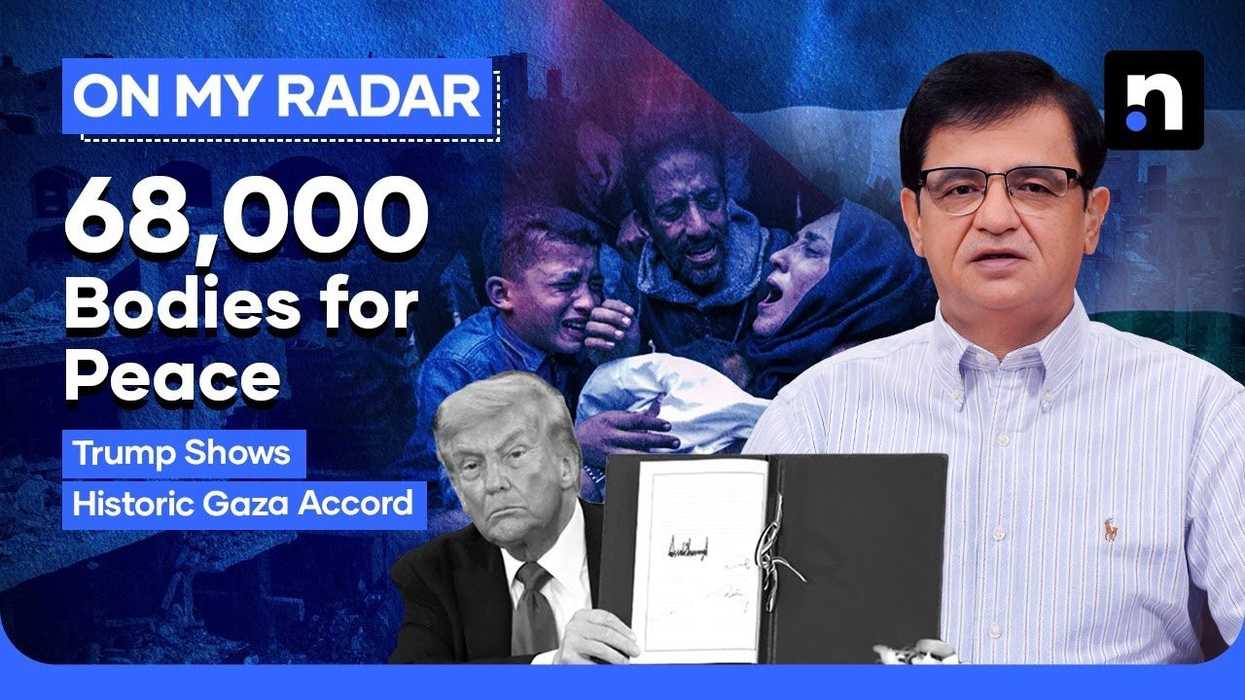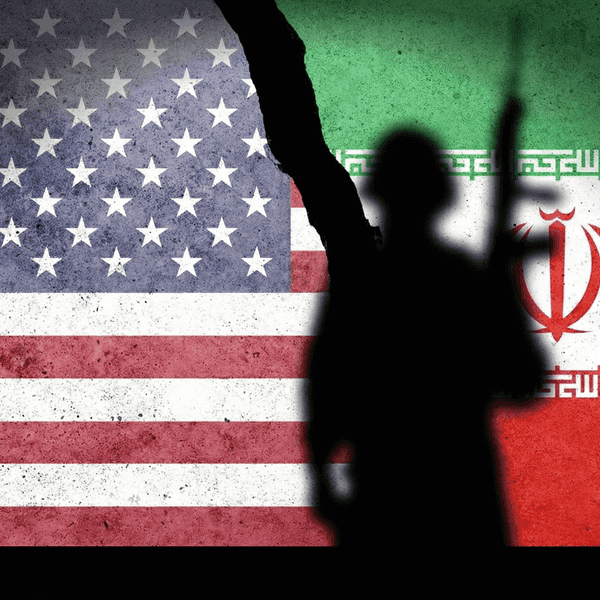Trump brokers landmark Gaza peace deal in Egypt’s Sharm el-Sheikh
Kamran Khan says Sharm el-Sheikh summit marks the first glimpse of hope for an independent Palestinian state in decades
News Desk
The News Desk provides timely and factual coverage of national and international events, with an emphasis on accuracy and clarity.
For the first time in decades, hope flickered for peace in the Middle East as Israel and Hamas signed a landmark ceasefire agreement in Egypt’s resort city of Sharm el-Sheikh on Monday, ending two years of devastating war in Gaza.
The agreement, mediated by U.S. President Donald Trump and Egyptian President Abdel Fattah el-Sisi, was witnessed by global leaders including Qatar’s Emir Sheikh Tamim bin Hamad al-Thani, Turkish President Recep Tayyip Erdogan, and Palestinian Authority President Mahmoud Abbas. Representatives from 20 nations — including Pakistan, Britain, France, Germany, Canada, and Indonesia — attended the historic signing ceremony.
Kamran Khan said in his vlog that the “Gaza peace accord” has given the region its first tangible sign of calm after decades of turmoil. “It is late, but finally the dream of peace has taken shape,” he remarked, describing it as the dawn of a new era for Palestine.
The deal follows two years of relentless Israeli bombardment and ground operations in Gaza that killed nearly 67,000 Palestinians — a campaign widely condemned as genocide by the international community, though no war crimes action was taken against Israeli Prime Minister Benjamin Netanyahu.
In a dramatic twist before the summit, Netanyahu canceled his planned visit to Egypt after Erdogan reportedly refused to land his plane if the Israeli leader attended. Turkish state television TRT said Erdogan’s aircraft circled above the Red Sea until confirmation arrived that Netanyahu had withdrawn from the meeting.
Under the agreement, Hamas released all 20 surviving Israeli hostages and returned the remains of four others to the International Red Cross. In return, Israel freed 1,968 Palestinian prisoners, 154 of whom were transferred to Egypt for repatriation to Gaza and the West Bank.
Footage broadcast by Al Jazeera showed jubilant scenes in Gaza as buses carrying released detainees arrived to cheering crowds. In Tel Aviv, emotional reunions unfolded in Hostages Square, where families embraced their loved ones after years of uncertainty.
The peace pact lays out a detailed framework — from ceasefire enforcement to governance and reconstruction of Gaza. Trump announced that wealthy nations had pledged billions of dollars in aid for rebuilding the war-ravaged enclave.
Although Trump avoided mentioning the “two-state solution” in his speech, Egypt’s President Sisi explicitly called it one of the accord’s key objectives. “This peace process is the beginning of a free and sovereign Palestinian state,” Sisi declared, echoing sentiments later reinforced by Jordan’s King Abdullah.
In an interview with the BBC, King Abdullah said a two-state settlement remains “the only guarantee for durable peace” in the Middle East, warning that failure to normalize Arab-Israeli ties could invite “inevitable destruction.”
Kamran Khan noted that despite earlier reservations from several Muslim-majority states — including Pakistan, Saudi Arabia, Turkey, and the UAE — none voiced opposition during the conference.
According to Trump’s 20-point peace framework, Gaza will be administered by a nonpartisan technocratic interim government for 18 to 24 months. Oversight will rest with the newly formed International Reconstruction and Governance Oversight Board, chaired by former British Prime Minister Tony Blair.
The board will coordinate reconstruction efforts funded by the U.S., European Union, GCC nations, and Japan, submitting quarterly progress reports to the guarantor countries — the U.S., Egypt, Qatar, and Turkey. It will also serve as a backchannel for political communication between Israel, the Palestinian Authority, and Arab states.
During the summit, Trump paused his address to invite Pakistani Prime Minister Shehbaz Sharif to the stage, praising Islamabad’s constructive role in the peace process. Kamran Khan called it an “extraordinary moment,” reflecting a potential thaw in U.S.-Pakistan relations.
While the U.S. has long been perceived as pro-Israel, the recent global mood shows a shift. Netanyahu’s speech at the latest U.N. session triggered a mass walkout, and Western powers refrained from opposing Erdogan’s refusal to sit alongside the Israeli premier in Egypt.
Analysts say the scale of civilian deaths in Gaza has eroded Israel’s moral standing worldwide. Still, others argue Israel remains a dominant regional force after dismantling Iranian nuclear assets, eliminating Tehran’s military figures, and neutralizing allied groups like Hezbollah and Hamas.
“Even if Israel’s strength has been cemented,” Kamran Khan said, “if that power now helps establish a free Palestinian state, then perhaps it is a price worth paying.”








Comments
See what people are discussing